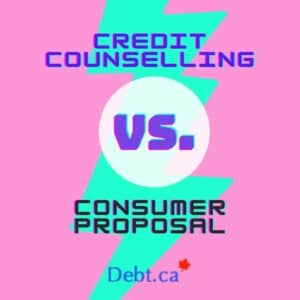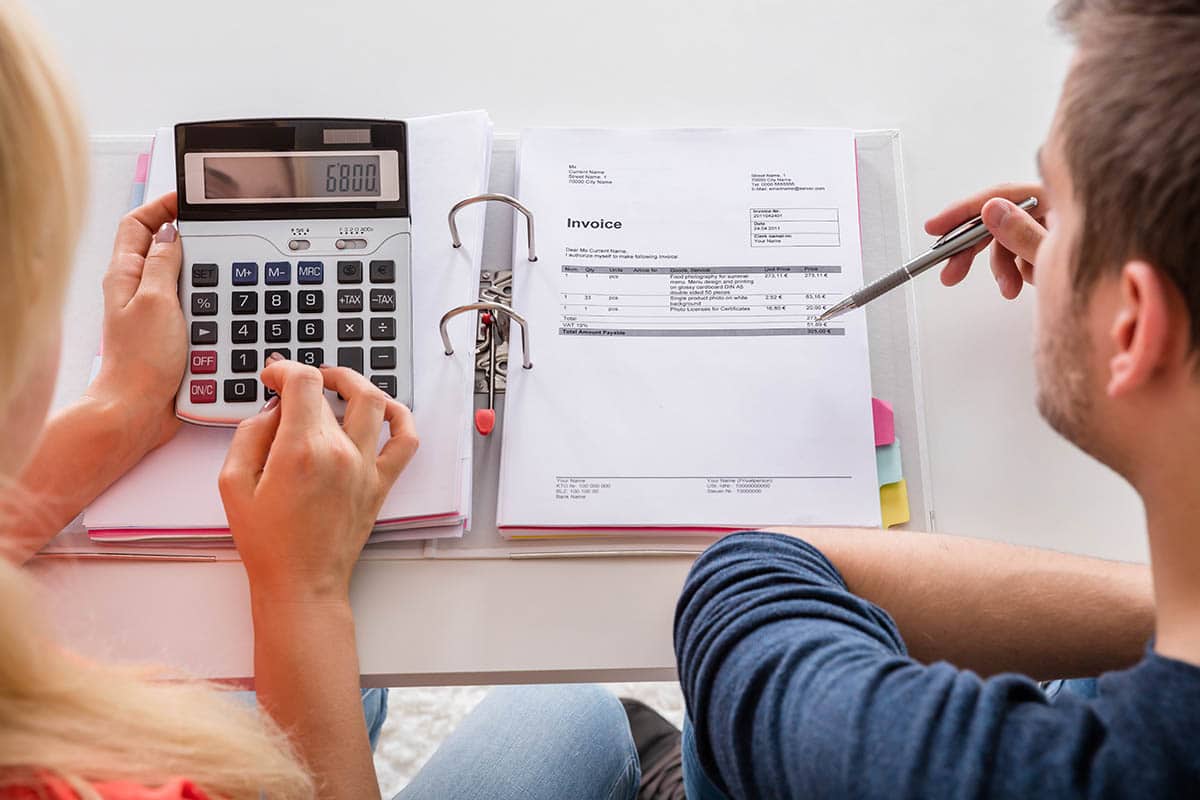The signs you need credit counselling can be quite prominent. Experiencing financial trouble in your life is indeed a pain in the neck. And, of course, you can find plenty of reasons why this is happening.
Whatever the reason you’re dealing with a bad debt today, it’s a must to take some necessary actions to prevent the problem from getting worse. It’s an excellent idea to get some professional advice from a debt counsellor and learn the essentials of debt management.
If you don’t have an idea when is the right time to work with a debt counsellor, take note of these warning signs that you need credit counselling. But first, let’s find out what credit counselling is and how it works.
What is Credit Counselling?
Going for credit counselling is one step to ease your debt problems and manage your finances well. Credit counselling agencies have credit counsellors who can give you professional advice on how to budget your money, get rid of your debts, and anything about financial matters.
Counsellors will help you understand your money problems and create a plan that suits your financial situation. You can find organizations that provide credit counselling online or at their local offices.
Signs You Need Credit Counselling
Now, let’s figure out the signs when you should work with a reputable credit counselling society or organization to help you become debt-free.
You’re Not Paying Your Credit Card Debt
Nowadays, online shopping is the most convenient way to purchase stuff. Most of the time, people use their credit cards when they’re buying things online, and they accumulate debt on these cards.
It’s normal to have a credit card debt, but you’re throwing yourself into a difficult situation if this debt accumulates over time. So, make sure to pay the minimum payments and the whole balance of your credit card each month to avoid having too much debt on this line of credit. Of course, you also have to curb your spending using your credit cards.
Your Checking Account is Overdrawn
Have you noticed a minus sign in the balance of your checking account? If yes, it entails that you’ve taken out more than the funds you have in your checking account.
Yes, you’re allowed to use your debit card to buy things even if the funds in it are not enough to cover them. It’s called overdraft protection, and you’ll incur interest charges every time you’ve overdrawn. The cost of the interest rate for this is similar to using a credit card.
Obviously, the disadvantage of having overdraft protection in your checking account is that it enables you to spend more money than what you have. So, monitor your spending behavior while using your credit card to avoid spending money beyond your means.
You Don’t Have Savings?
If you depend on your paycheck to pay your bills and other financial obligations, there’s a high chance that you’ll take out loans like payday loans whenever you’re short on money. Taking out a loan is costly due to the fees and interest charges. That’s why you should set aside money in case emergency expenses come your way.
Borrowing money should only be your last resort. But, if you find yourself in a position where you’re burdened with debt, go to a credit counsellor for some expert advice on financial management. Your credit counsellor will tell you how to pay off your debts in a more manageable way and save money for future emergencies.
You Have No Idea about Your Credit Score?
It’s challenging to set a personalized financial plan if you have no idea of your credit score. Your credit score is a crucial part of your financial profile. It tells about how you’re as a borrower and how creditworthy you are. Your credit report details the loans, credit cards, lines of credit you have taken out, and your payment history.
Loan providers and banking institutions will check your credit score to determine whether you’re a good borrower. Moreover, if your credit score is excellent, you can avail of a loan with a favourable interest rate and repayment term.
If you want to know your credit score, you can inquire about it from the major credit bureaus like Equifax, Experian, and TransUnion. Make sure that you don’t miss a monthly payment of your loans to have a good credit score. You can work with a credit counselling agency to know the most efficient ways to improve your credit rating.
You’re Depending on Cash Advances
You can use a cash advance when you’re strapped for cash and have to pay your bills. However, it’s not a good idea to depend on this financing option because it comes with a costly interest rate.
Annual percentage rates of cash advances can go beyond 12%, and you’ll be charged with the interest immediately after taking out the funds. If you want to avoid taking out a cash advance, you can go to a credit counsellor to help you develop a long-term financial plan that fits your needs.
You Have No Idea About Your Total Debt
You’re in big trouble if you have no idea how much you owe. It might entail that you have too much debt and you’re avoiding your debt obligation, or it might mean that you have disorganized finances. So, you better figure out your total debt to devise a solid strategy of paying them off.
You can determine your total debt by tracking down your bills. It’s also a smart move to ask for a copy of your credit report from a bank or a major credit bureau.
Once you’ve found out that you’ve too much debt, seek help from a credit counsellor. Typically, credit counsellors will inform you about debt repayment options, such as debt consolidation or a consumer proposal, if you’re struggling to pay your debts.
Takeaway
There you have the signs that you need credit counselling. You can choose this approach if you think that you’re overwhelmed with debts, and you have mismanaged finances. You can visit debt.ca if you need to consult an expert regarding your debts.









